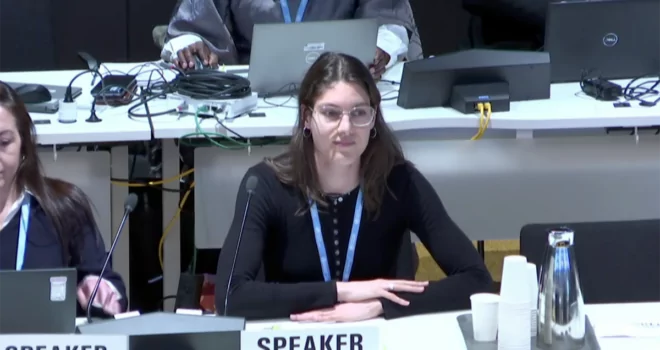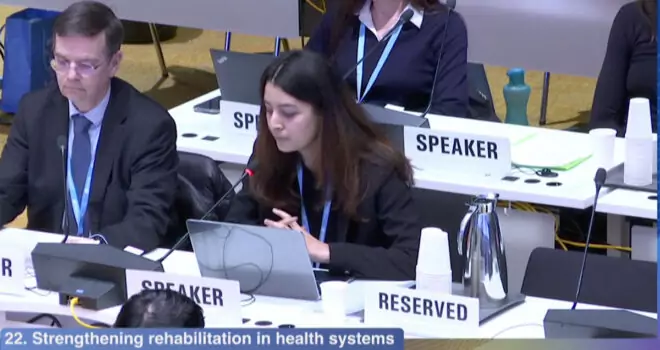 Coming up to five years since the emergence of COVID-19, the world continues to experience its long-term consequences. While the acute phase of the pandemic has eased, growing evidence shows that the virus has left a persistent cardiovascular imprint. Major studies published in 2025 shed new light on how COVID-19 affects the heart and blood vessels—and why continued vigilance is essential.
Coming up to five years since the emergence of COVID-19, the world continues to experience its long-term consequences. While the acute phase of the pandemic has eased, growing evidence shows that the virus has left a persistent cardiovascular imprint. Major studies published in 2025 shed new light on how COVID-19 affects the heart and blood vessels—and why continued vigilance is essential.
Accelerated Vascular Ageing After COVID-19
The multinational CARTESIAN study followed nearly 2,400 participants across 18 countries to measure vascular ageing using pulse wave velocity, a marker of arterial stiffness.[1] Researchers found that individuals who had recovered from COVID-19 had significantly “older” blood vessels compared with uninfected controls—even six months after infection.
Importantly, the effect was especially pronounced in women and in those with ongoing symptoms of Long COVID. While some improvement was seen after one year, the findings suggest that COVID-19 accelerates vascular ageing and could increase lifetime cardiovascular risk.
COVID-19 and Coronary Plaque Progression
A study from Fudan University in China used coronary CT angiography to track plaque changes in more than 800 patients.[2] Compared with those without infection, people with prior COVID-19 had faster progression of atherosclerotic plaque, particularly the non-calcified, high-risk type most likely to rupture.
These patients were nearly three times more likely to experience serious events such as heart attack or the need for revascularisation at the affected lesion. The results strongly suggest that SARS-CoV-2 infection accelerates atherosclerosis and destabilises coronary plaques, providing a direct mechanism for increased risk of future cardiovascular events.
Cardiovascular Symptoms in Post-Acute COVID-19 Syndrome
A comprehensive meta-analysis of 37 studies including nearly three million people confirmed that post-acute COVID-19 syndrome (PACS) often includes cardiovascular symptoms.[3] Chest pain was reported in 22% of patients, palpitations in 18%, and hypertension in 19%. Compared with uninfected individuals, those with prior COVID-19 were four times more likely to report chest pain and three times more likely to report palpitations.
Overall, about 15% of patients developed lasting cardiovascular sequelae, underlining the importance of structured follow-up and access to cardiovascular assessment for survivors.
World Heart Federation Global COVID-19 Study
The World Heart Federation led a multinational prospective study that followed 2,535 adults hospitalised with COVID-19 across 16 countries for 12 months after discharge, focusing on long-term symptoms and sequelae.[4] At one year, all-cause mortality was ~15%, and about one in four patients reported at least one Long COVID symptom—more commonly in women and in those with more severe acute illness. New-onset complications included pulmonary embolism (~8%), kidney disease (~4%), and hypertension (~3%), underscoring the need for structured post-discharge follow-up and cardiovascular risk management, particularly in resource-limited settings.
What This Means for Global Heart Health
These findings reinforce what the World Heart Federation (WHF) and its members have stressed since the early pandemic: COVID-19 is not only a respiratory illness but also a significant cardiovascular challenge with lasting effects. Many survivors continue to experience persistent symptoms—fatigue, respiratory problems, cognitive issues, autonomic dysfunction, metabolic changes, and mental health impacts. Cardiovascular consequences include accelerated vascular ageing, plaque instability, and increased long-term risk of myocardial infarction, with millions still living with ongoing cardio-respiratory symptoms as part of Long COVID.
As the world moves into pandemic recovery, COVID-19’s long-term impacts will be with us for years. Meeting this challenge will take collaboration, innovation, and a sustained commitment to protecting health worldwide.
[1] Bruno, R. M., et al. (2025). Accelerated vascular ageing after COVID-19 infection: the CARTESIAN study. European Heart Journal 46(39): 3905-3918.
[2] Dai, N et al. (2025). SARS-CoV-2 Infection Association with Atherosclerotic Plaque Progression at Coronary CT Angiography and Adverse Cardiovascular Events. Radiology 314(2):e240876
[3] Huang, Lw., Li, Hm., He, B. et al. (2025) Prevalence of cardiovascular symptoms in post-acute COVID-19 syndrome: a meta-analysis. BMC Med 23, 70 (2025).
[4] Sliwa, K., et al. (2025). Long COVID Syndrome, Mortality and Morbidity in Patients Hospitalized with COVID-19 From 16 Countries: The World Heart Federation Global COVID-19 Study. Glob Heart 20(1): 66.


